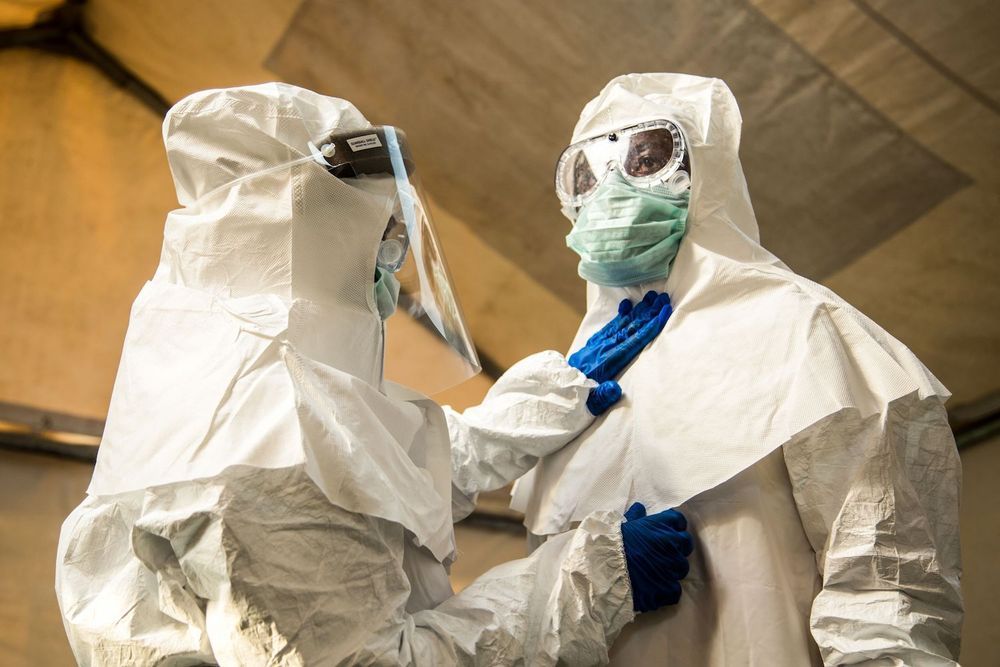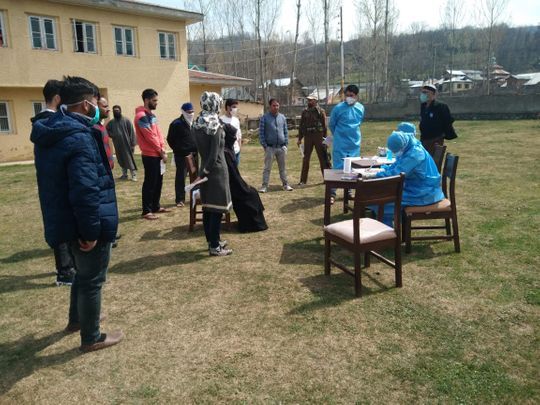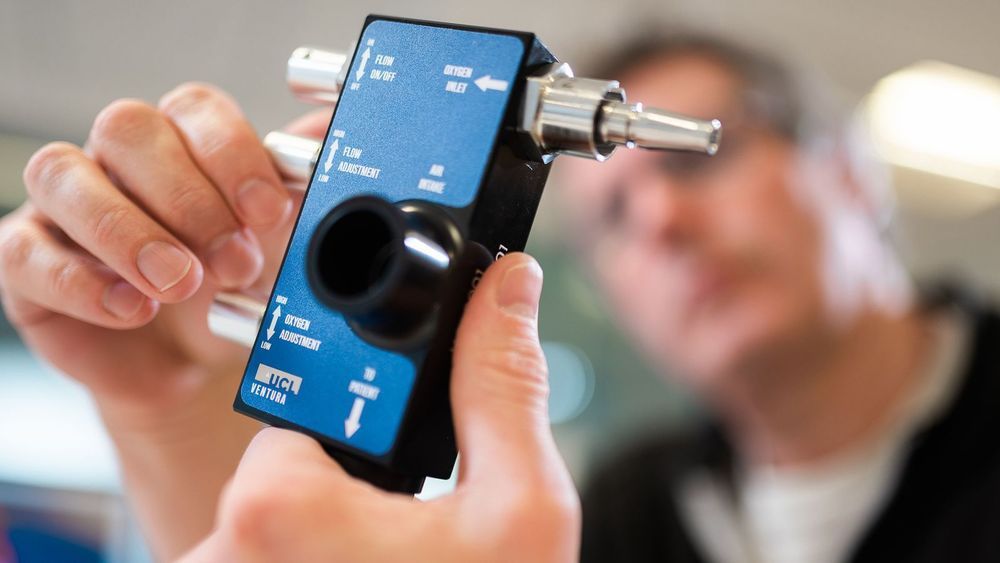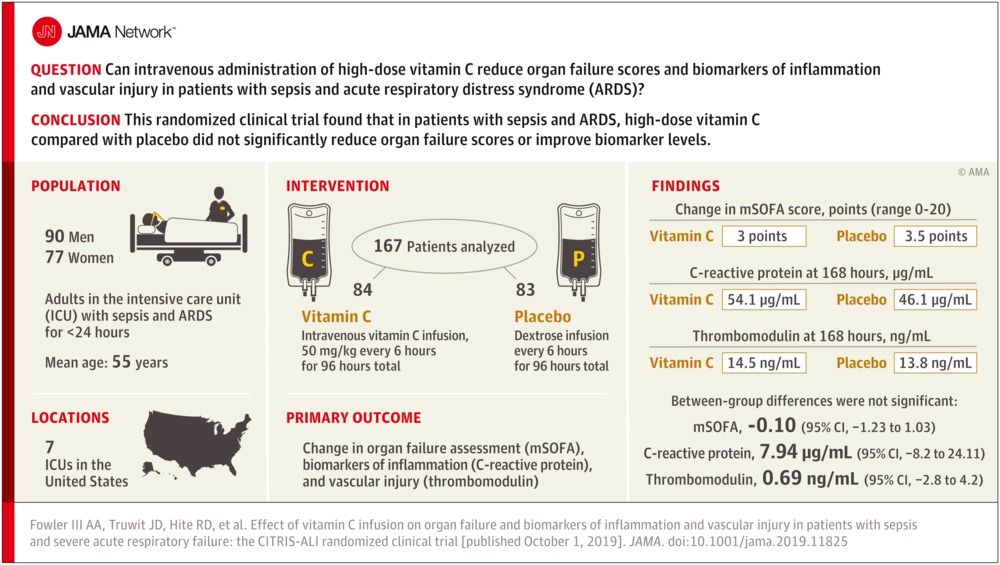The obvious drawback of solar panels is that they require sunlight to generate electricity. Some have observed that for a device on Earth facing space, which has a frigid temperature, the chilling outflow of energy from the device can be harvested using the same kind of optoelectronic physics we have used to harness solar energy. New work, in a recent issue of Applied Physics Letters, from AIP Publishing, looks to provide a potential path to generating electricity like solar cells but that can power electronics at night. For more information see the IDTechEx report on Energy Harvesting Microwatt to Megawatt 2019–2029.
An international team of scientists has demonstrated for the first time that it is possible to generate a measurable amount of electricity in a diode directly from the coldness of the universe. The infrared semiconductor device faces the sky and uses the temperature difference between Earth and space to produce the electricity.
“The vastness of the universe is a thermodynamic resource,” said Shanhui Fan, an author on the paper. “In terms of optoelectronic physics, there is really this very beautiful symmetry between harvesting incoming radiation and harvesting outgoing radiation.”








